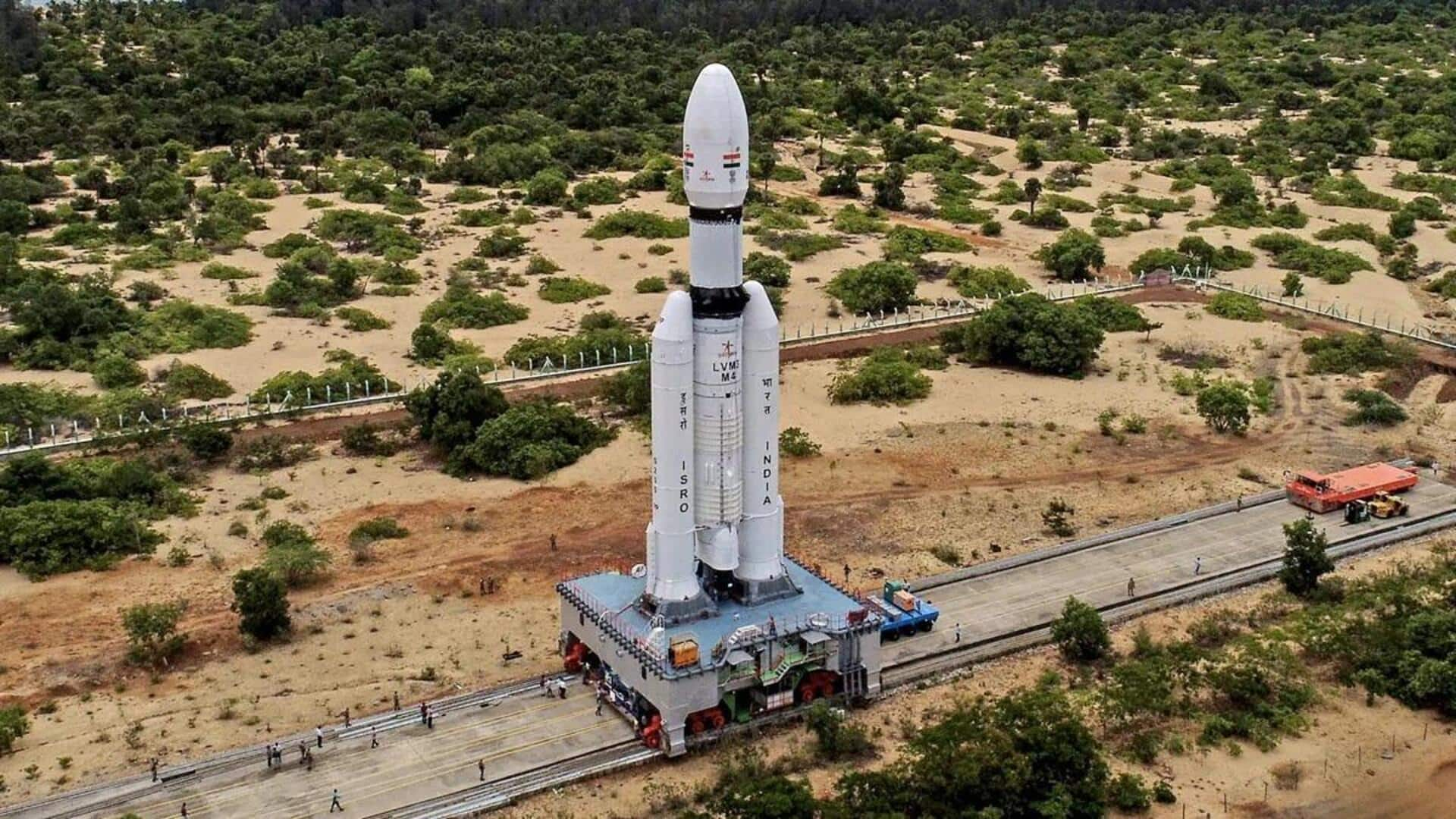
ISRO's 100th rocket launch from Sriharikota set for January 29
What's the story
The Indian Space Research Organisation (ISRO) is gearing up for its 100th launch from the Satish Dhawan Space Centre (SDSC) in Sriharikota. The landmark mission, dubbed GSLV-F15, will take place on January 29 at 6:23am. It will mark a major milestone as it will see the deployment of the NVS-02 satellite, an important part of India's indigenous Navigation with Indian Constellation (NavIC) system.
Mission details
GSLV-F15 mission: A showcase of India's technological prowess
The GSLV-F15 mission is the 17th flight of the GSLV and the 11th with an indigenous cryogenic stage. It is also the eighth operational flight of GSLV with a fully indigenous cryogenic stage, highlighting ISRO's technological prowess. The launch will be conducted from Sriharikota's Second Launch Pad (SLP) with a metallic payload fairing of 3.4m diameter. It will primarily place NVS-02 into a Geosynchronous Transfer Orbit (GTO).
Indigenous navigation
NavIC: India's answer to GPS
NavIC is India's homegrown regional navigation satellite system, which has been designed to provide accurate Position, Velocity, and Timing (PVT) services. The system covers India and goes as far as 1,500km beyond the Indian landmass. It provides two types of services: Standard Positioning Service (SPS), which offers position accuracy better than 20m, and Restricted Service (RS), which provides additional specialized navigation capabilities.
Satellite specifications
NVS-02: About the satellite
The NVS-02 satellite is the second generation of NavIC satellites, constructed on a standard I-2K bus platform, according to ISRO. It has a lift-off mass of 2,250kg and power handling capability of around 3kW. The satellite has navigation payload in L1, L5, and S bands, ranging payload in C-band and will be located at 111.75oE, taking the place of IRNSS-1E.
Satellite development
NVS-02: A testament to India's technological advancements
The NVS-02 satellite uses a combination of indigenous and procured atomic clocks for accurate time estimation. It was designed and developed at the UR Satellite Centre (URSC), a research institute in Bengaluru, where it underwent extensive testing, including thermovac and dynamic tests, to ensure it performs optimally in space. The NVS series builds on ISRO's past achievements, with NVS-01 being the first second-generation satellite launched on May 29, 2023, marking the first flight of an indigenous atomic clock.